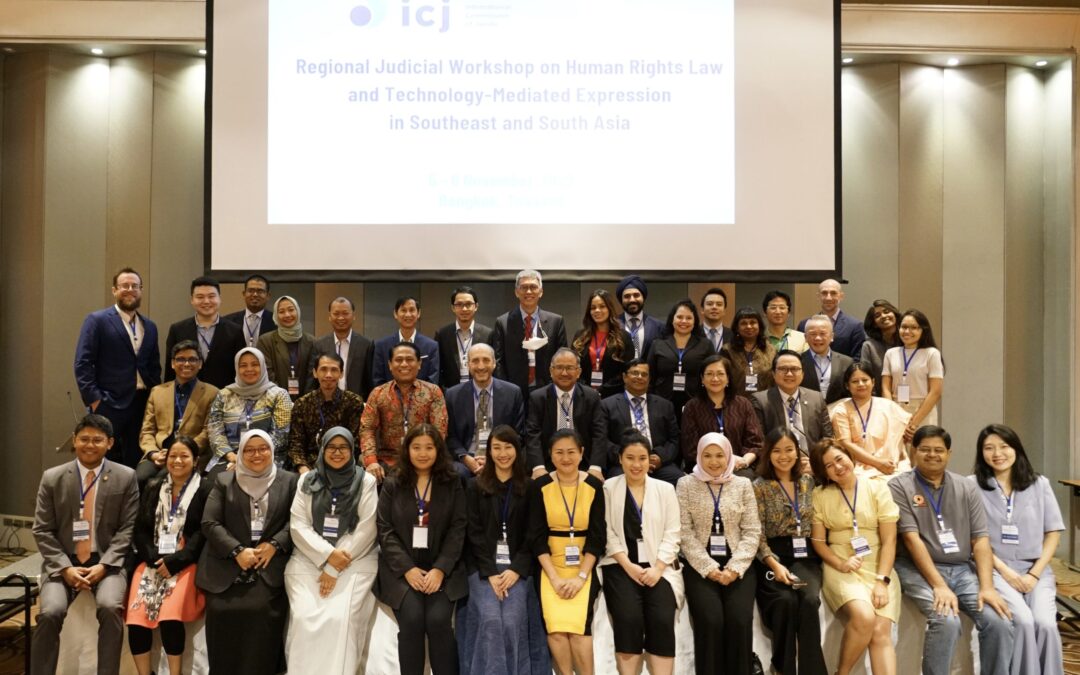
Nov 15, 2022 | Events, News
The International Commission of Jurists (ICJ) convened its inaugural regional judicial workshop on digital rights for 28 justice sector actors from eight countries in Southeast and South Asia to discuss responses to the most salient digital rights challenges in the region on 5 – 6 November.
href=”https://icj2.wpenginepowered.com/wp-content/uploads/2022/01/ICJ_PhilippinesRedTagging_270122.pdf”>the Philippines.
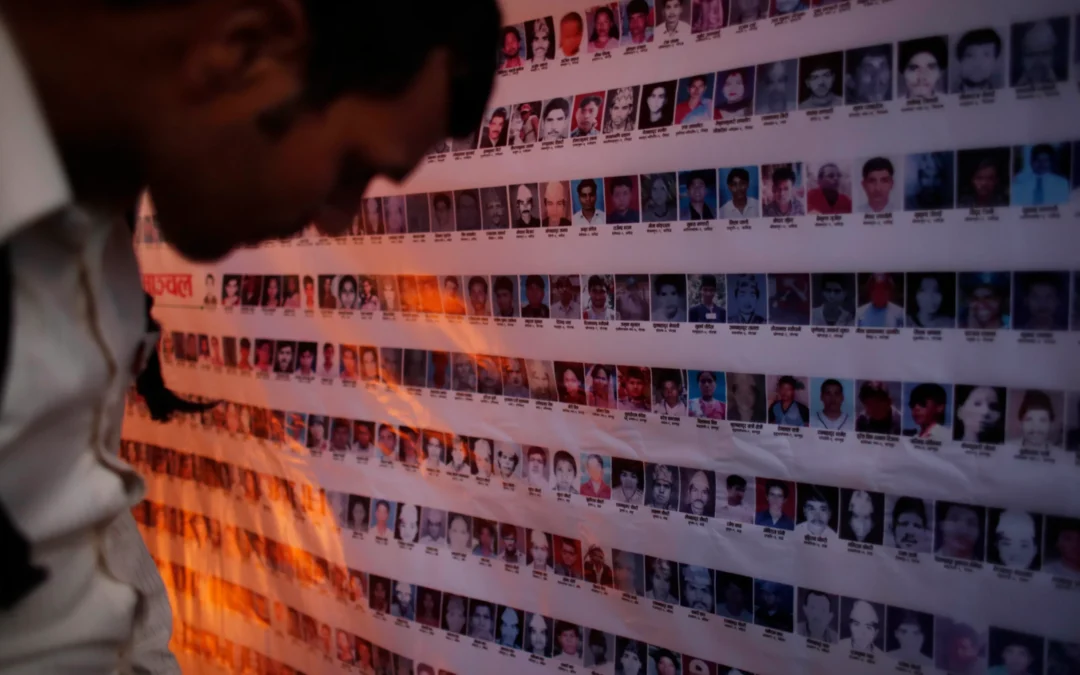
Oct 24, 2022 | News
(New York) – Nepal’s next government should prioritize amending and passing a transitional justice law that addresses the needs of victims who have waited over 16 years for truth and accountability, Amnesty International, Human Rights Watch, and the International Commission of Jurists (ICJ) said today. The law should meet all domestic and international legal obligations.
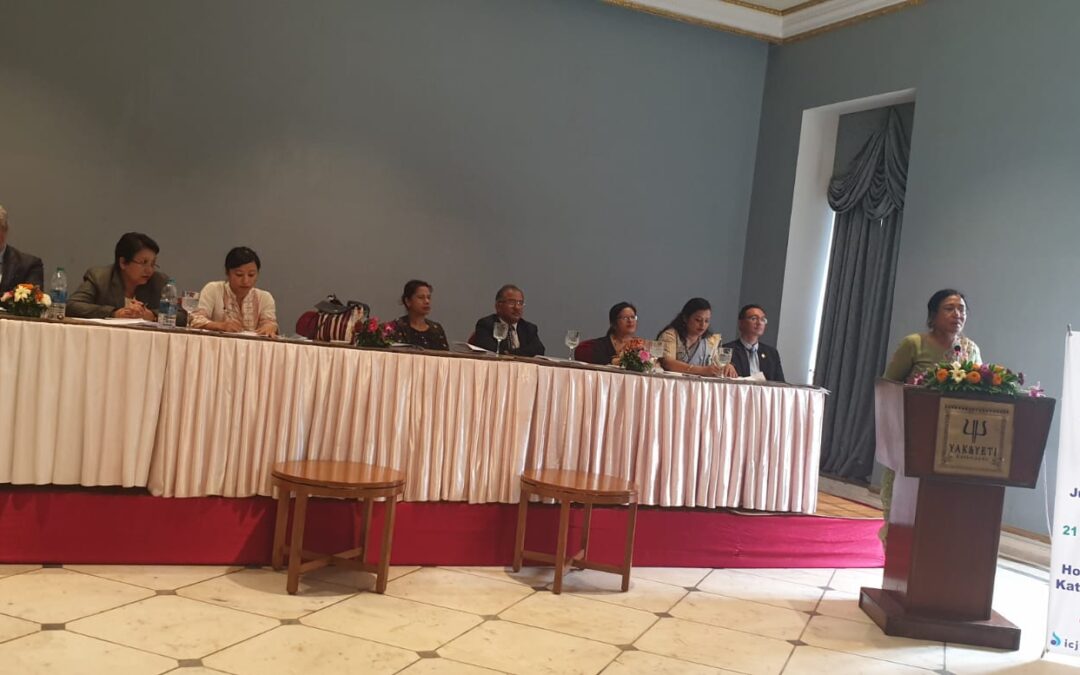
Oct 12, 2022 | Advocacy, News
The local ‘judicial committees’ established by Nepal’s 2015 Constitution have shown that with sufficient resources and expertise they can improve access to justice, especially for women. This was one of the key findings of a consultation organized by the International Commission of Jurists and South Asian Association for Regional Cooperation in Law (SAARC Law Nepal) on the “Role of Justice Sector Actors on Enhancing Women’s Access to Justice in Nepal” held on 21 September 2022 in Kathmandu.
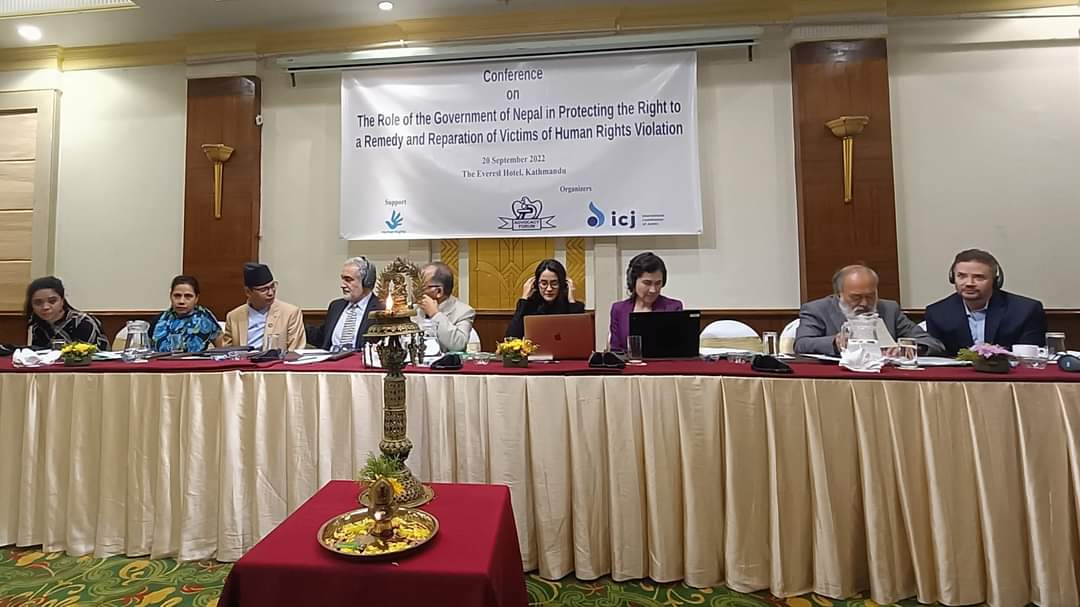
Oct 11, 2022 | Advocacy, News
The Government of Nepal should step up efforts to implement a proper transitional justice process in the country to provide full accountability and effective remedies and reparations for victims of the country’s civil war, said participants at a conference organized by the International Commission of Jurists (ICJ), in partnership with Advocacy Forum-Nepal (AFN), in Kathmandu on 20 September.
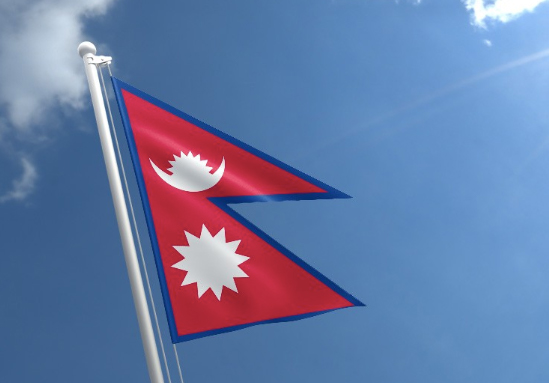
Sep 23, 2022 | News
The ICJ today deplored the lack of public health preparedness in Nepal necessary to address the latest surge of transmission of the harmful, sometimes event fatal, dengue virus.









